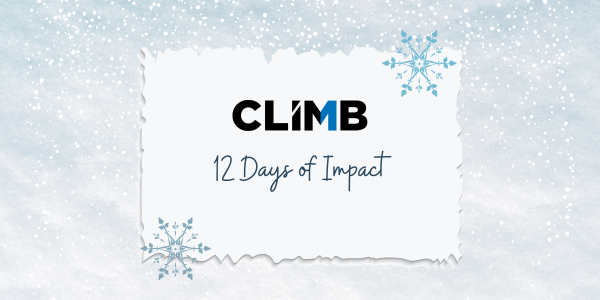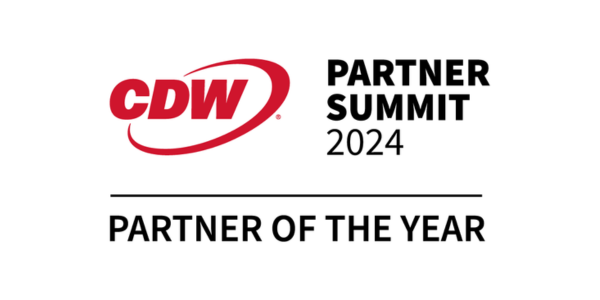All content provided by February SVOM; Fortra
Discover how Fortra’s extensive suite of software security offerings lifts the burden of compliance from highly regulated organizations.
These days, it’s hard to do anything in the digital space without it being subject to some kind of compliance regulation — and very likely, more than one. It can be hard to keep pace with overlapping requirements, multiple compliance standards, and competing deadlines.
That’s where compliance software solutions come in.
What Is Compliance Software and Why Is Compliance Important?
Compliance software offers a great plug-and-play option for organizations strapped with too many standards and not enough bandwidth. Instead of creating time-consuming homegrown solutions from the ground up for each compliance use case, teams can leverage enterprise-level compliance software tools to help them get the job done — and put those policies in place that will meet multiple compliance requirements across the board.
So, why is compliance important? Compliance is important because individuals have a right to the privacy and protection of their personally identifiable information (PII), health information, and financial information. Countries and the businesses operating in them are under legal obligation to protect those rights. Companies who fail to comply with cybersecurity and data privacy compliance obligations are subject to fines, imprisonment, and the more nuanced penalties of loss of trust and revenue. People want to do business with organizations that can keep their information safe, and the same can be said of fellow businesses as well. As the world becomes more digitally connected, companies that maintain full compliance with all data privacy standards will have a competitive edge.
Common Compliance Regulations
Compliance software solutions extend to data protection regulations and digital compliance regulations both inside and outside the US, although organizations doing business on both sides of the world will obviously be subject to both.
For example, an international fitness watch company based out of California could be under the jurisdiction of CCPA, GDPR, HIPAA (because it handles customers’ health information), PCI DSS (because it takes digital card payments), ISO 27001 (because it must secure its information assets), and possibly more. That is why it is especially desirable to implement compliance software that meets regulatory compliance requirements across multiple standards.
Choosing the Right Compliance Software
Determining the right compliance software all comes down to assessing the organization’s specific needs. Why is compliance important to the particular enterprise? Are they looking to qualify for government contracts, earn partner trust, pass an audit, or just avoid a breach? Make a list of compliance regulations the organization is subject to, and identify the cybersecurity demands of each.
Find the common crossovers and prioritize solutions that can help you meet those needs. Compliance processes can consume a lot of cycles, yet they must be done consistently and constantly from the moment they are instated. Automated solutions that help your organization “keep compliance running in the background” are key.
By leveraging a few ready-made technologies, organizations can vastly improve their workload and get to compliance faster. Fortra’s compliance software solutions are geared toward helping businesses get the most bang for their buck when it comes to achieving compliance with multiple regulations. With tools that provide cybersecurity capabilities required by multiple standards, teams can cut down on vendors, reduce the burden on staff, and tick more compliance checkboxes in a single stroke. Not to mention stay a whole lot safer.
Fortra’s Compliance Software Solutions
Now, for the good part. Here are just a few of the key technologies in Fortra’s vast arsenal of compliance software solutions. These tools have been proven to help meet standards across multiple frameworks and regulations, and provide fundamental processes and protections required in the compliance realm.
Types of Compliance
- Email Data Protection | Robust email security practices are mandated by HIPAA, GDPR, PCI DSS, ISO 27001 (general information security management), and CMMC (for the US Department of Defense). Email data protection secures against the unsafe transmission of customer information and guards against social engineering, phishing, and BEC (Business Email Compromise) scams.
- Data Privacy | Data privacy regulations are an integral part of HIPAA, SOX, GDPR, and PCI DSS security requirements, among others. This entails discovering sensitive data throughout the network, classifying that data, identifying any vulnerabilities and risks, and implementing the controls that will ensure its protection throughout its lifecycle.
- Data Loss Prevention (DLP) | DLP is explicitly required as part of GDPR, ISO 27001, and NIST 800-53 compliance measures. Each of these mandates that robust security standards be applied to ensure data compliance against unauthorized usage, copying, leakage or access, a function of DLP.
- Data Classification | Data classification is a requirement of GDPR, HIPAA, ISO 27001 and PCI DSS, among others. The benefits of data classification not only include compliance with major regulations but a strong foundation for accurate, ongoing security as all new data that enters the network will be correctly classified and protected based on the rules established.
- Integrity Management | Integrity management is required by FISMA, SOX, PCI DSS, NERC-CIP, HIPAA, GDPR, and GLBA. Under these acts, sensitive data must be protected from unauthorized tampering via policies like data monitoring and file integrity management.
- Data Transfer | Data transfer compliance is a specific requirement of GDPR, PCI DSS, HIPAA, and SOC2. It is an implied requirement of many more, as secure data transfer protocols (that ensure the safety of information in transit) are frequently called for.
Fortra – Your Compliance Software Guide
Fortra is laser-focused on helping organizations accomplish their compliance goals while still cutting down on vendors and reducing their workload. Our compliance software solutions can be used by small businesses to meet their next mandate or by larger enterprises with a list of compliance regulations on their plate. In 2025, it will be increasingly difficult to navigate the evolving world of privacy and data security compliance without tools and a guide. Fortra can provide both.



